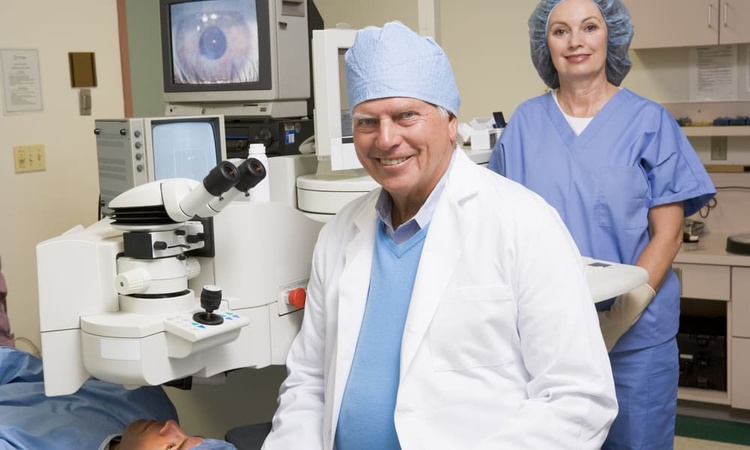Medical Assistant Training in Japan: A Gateway to Healthcare Excellence
Medical assistant training in Japan offers a unique opportunity to gain valuable skills in one of the world's most advanced healthcare systems. As the demand for qualified healthcare professionals continues to grow globally, Japan's medical education programs are attracting attention for their rigorous standards and innovative approaches. This article explores the landscape of medical assistant training in Japan, highlighting its key features, challenges, and potential benefits for aspiring healthcare professionals.

Training programs in Japan usually last between two to four years, depending on the level of certification and specialization. Students can expect a combination of classroom lectures, laboratory work, and practical training in healthcare facilities. The rigorous nature of these programs reflects Japan’s commitment to maintaining high standards in healthcare education and service delivery.
How does Japan’s healthcare system influence training?
Japan’s healthcare system is renowned for its efficiency, universal coverage, and advanced medical technology. This environment significantly shapes the medical assistant training programs in the country. Students are exposed to state-of-the-art medical equipment and procedures, preparing them for work in technologically advanced healthcare settings.
The training also emphasizes the importance of preventive care and holistic health approaches, which are cornerstones of the Japanese healthcare philosophy. Medical assistants in Japan are trained to understand and support these principles, contributing to the overall effectiveness of the healthcare system.
What are the admission requirements for medical assistant programs in Japan?
Admission to medical assistant training programs in Japan can be competitive. Generally, applicants need to have completed high school or equivalent education. Some programs may require specific science courses as prerequisites. Additionally, for international students, demonstrating proficiency in the Japanese language is often a crucial requirement, as most courses are conducted in Japanese.
Many institutions also conduct entrance examinations to assess candidates’ aptitude for healthcare studies. These exams may include subjects like biology, chemistry, and mathematics, as well as tests of language proficiency and general knowledge.
Are there opportunities for international students in Japan’s medical assistant programs?
Japan has been increasingly opening its doors to international students in various fields, including healthcare. Some universities and vocational schools offer medical assistant training programs with components designed for international students. These may include Japanese language courses and cultural orientation sessions to help foreign students adapt to the Japanese healthcare environment.
However, it’s important to note that language barriers can be significant. Proficiency in Japanese is crucial not only for academic success but also for interacting with patients and colleagues in clinical settings. International students should be prepared for intensive language study alongside their medical training.
What career prospects exist for medical assistants trained in Japan?
Graduates of medical assistant training programs in Japan can find opportunities in various healthcare settings, including hospitals, clinics, and long-term care facilities. The aging population in Japan has increased the demand for healthcare professionals, creating a favorable job market for trained medical assistants.
While most graduates find employment within Japan, the skills and knowledge gained through these programs are increasingly valued internationally. Some graduates may find opportunities to work in international healthcare organizations or in countries with significant Japanese expatriate communities.
| Program Type | Duration | Key Features | Estimated Cost (JPY) |
|---|---|---|---|
| Vocational School | 2 years | Practical skills focus, internships | 1,500,000 - 2,500,000 |
| Junior College | 3 years | Broader medical knowledge, research opportunities | 2,500,000 - 3,500,000 |
| University Program | 4 years | Advanced medical studies, potential for specialization | 3,500,000 - 5,000,000 |
Prices, rates, or cost estimates mentioned in this article are based on the latest available information but may change over time. Independent research is advised before making financial decisions.
In conclusion, medical assistant training in Japan offers a unique blend of advanced healthcare education and exposure to one of the world’s most efficient healthcare systems. While the programs can be challenging, particularly for international students, the skills and experience gained can be invaluable for a career in global healthcare. As Japan continues to innovate in medical technology and patient care, those trained in its medical assistant programs are well-positioned to contribute to the evolving landscape of healthcare worldwide.
This article is for informational purposes only and should not be considered medical advice. Please consult a qualified healthcare professional for personalized guidance and treatment.






